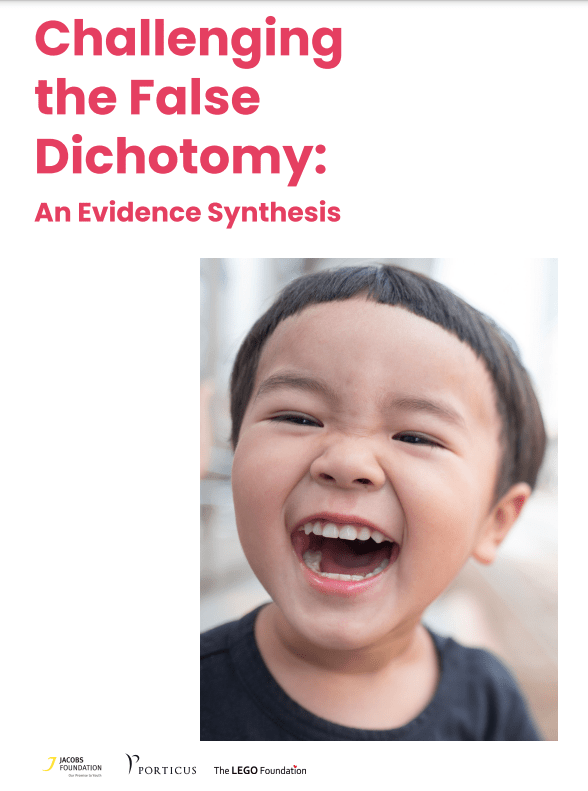Words and phrases used in alternate education
Annotated Glossary of terms & definitions

Autonomy:
“Autonomy means the ability to make your own decisions, to manage and govern yourself” from Naomi Fisher of UK based Progressive Education
Holistic Education

from Challenging the False Dichotomy: An Evidence Synthesis
Holistic approach: This is an approach which aims to educate the
whole child, physically, socially, emotionally, and academically, with the
active engagement and support of the community. (1)
A holistic approach recognises that all children, particularly those facing extreme adversity,
require a range of knowledge, skills, experiences, and core values that will
enable them to engage as productive and ethical citizens, and reach their
potential in life.
Holistic approaches to learning are defined and characterised in a
variety of ways, encompassing a spectrum of terms that were included
in the review process and serve as an umbrella term that includes: whole
child development, social and emotional learning, play-based learning,
character education, 21st century skills, transversal competencies, life
skills, well-being, psychosocial support, soft skills, global competencies,
noncognitive skills, citizenship, non-academic skills, career readiness,
and character education. For the purposes of sourcing evidence, it
includes holistic learning, development, pedagogy, curriculum, skills,
competencies, mindsets, and behaviours, and is used as the primary
reference point within the report. While approaches and skills are different,
for the purposes of this paper we separate those out depending on
the context cited. We acknowledge the differences in the interpretation
and definitions of each of these terms, and that often organisations use
different frameworks or conflicting terminology in relation to a similar set
of skills. While the complex and conflicting terminologies used in the field
can make it difficult to compare research findings, by seeking evidence
that included the terms above (and associated skills), the report succeeds
in synthesizing what we know (and what we don’t) in relation to impact.
For the purposes of this paper, we focus on what they have in common,
namely the belief that education should be geared towards a breadth of
skills, beyond literacy and numeracy, given the weight of evidence behind
their impact.
(1) Tarricone, P., Nietschke, Y., & Hillman, K. (2020). Measuring what matters: Insights on the Value of Whole Child Development.
Read the Summary of Findings here.
Read the whole report here.
